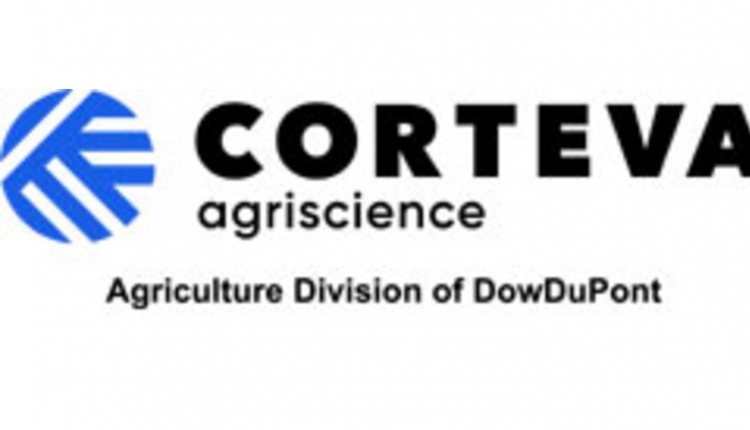
The prospects for higher grain prices, drought-tightened hay inventories and market uncertainty give producers ample incentive to focus on maximizing pasture production this grazing season. Growing more, high-quality grazed forages is an excellent cost-containment strategy, and getting the jump on weeds is a great place to start.
When weeds, brush or other undesirable plants encroach on grazing space, it’s usually a sign something is amiss in the pasture. Pasture turnout might seem a long way off, but it’s never too early to plan. Adjusting grazing strategies, improving soil fertility and other early season improvements can help set the course for a better start to the grazing season.
“Annual and biennial broadleaf weeds can green up even before pasture grasses. Once up and growing, weeds are just stealing the moisture, nutrients and sunlight forages need,” says Scott Flynn, Zonal Biology Lead at Corteva Agriscience. “Catching weeds early gives pasture grasses a competitive advantage.”
Early in the season means when weeds are small and growing. At that size, they’re easy to cover and control, and they haven’t robbed much from the grass yet.
Using a residual herbicide, such as DuraCor® herbicide, early in the season stops weeds that are up and growing while providing control of those that germinate later. This extended control will help stop weeds throughout the season, preserving moisture and allowing grasses to get a head start on the weeds.
“Following a year where weather conditions were less than favorable, I encourage producers to scout early and often to prepare for what’s to come,” Flynn says. “Eliminating weeds lets the grass get up and growing. From there, the cow can be a very good management tool. You can work with her to graze properly so the grasses shade and outcompete the weeds.”
Additional assets to customize your story:
Meet Some of Our Experts
Our experts can provide local insights and answer pasture management questions:
- Sam Ingram is an Integrated Field Scientist in Savannah, Georgia. In his role, Ingram is responsible for research, field trials and technical support. Ingram was raised on a beef cattle operation in northwestern Georgia, brings years of industry knowledge and is an expert on forage use and renovation strategies.
- Benny Martinez is a Range & Pasture Specialist in Bishop, Texas. Martinez is responsible for prescribing weed and brush control solutions to producers and retailers in South Texas. Consider Martinez an excellent source for stories covering mesquite and complex brush control topics.
We can put you in touch with our numerous experts on these or other topics. To schedule an interview or request more information, please contact Kacey Birchmier at kacey.birchmier@corteva.com. We’ll continue introducing our other rangeland and pasture management sources in future editions of Pasture Notes.
"feed" - Google News
February 09, 2021 at 11:06PM
https://ift.tt/3p4Vb8a
Grazing more can help save on feed costs - Hoard's Dairyman
"feed" - Google News
https://ift.tt/2z3xEQN
https://ift.tt/2yko4c8
Bagikan Berita Ini














0 Response to "Grazing more can help save on feed costs - Hoard's Dairyman"
Post a Comment